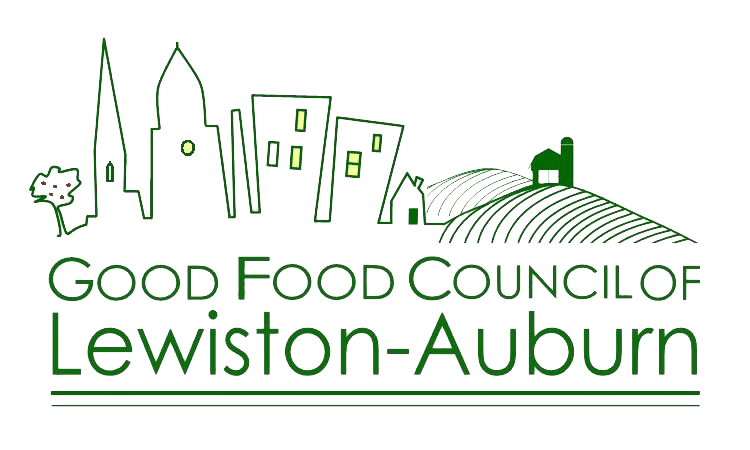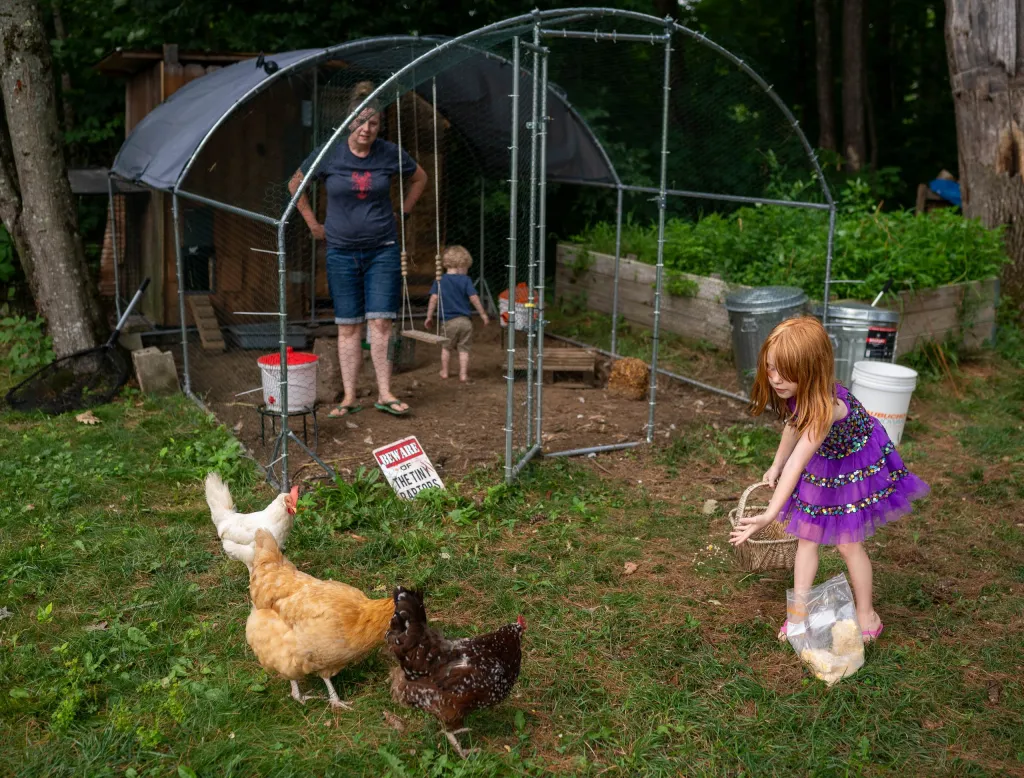
Facilitate strong local food and agriculture municipal policy
Update City ordinances to support local food self reliance, access, & small business, in all zones
This action appeared in our first plan and continues to yield harvests.
Integrate
Integrate Agriculture & Climate Resilience
Leaders & Supporters of the Work
The Big Why
Residents of Lewiston and Auburn have expressed the desire to grow, process, consume and/or sell their garden and farm products. The ability of people to contribute to their own and others’ food self sufficiency is often limited by city ordinances. Reviewing, researching, and revising city ordinances can achieve the goal of facilitating increased local food production and access. Urban agriculture and food self-sufficiency related ordinances that allow for all types of farming and capitalize on the limited resources of land would promote small-scale local agriculture within the community. In turn, the resulting expansion of local agricultural output would increase knowledge of, appreciation for, and access to healthy local foods. Farming as an occupation also promotes self-sufficiency and builds a sense of community, which can be especially helpful to recent immigrant farmers trying to adjust to a whole host of new business and cultural norms. This would make it easier for people across communities and cultures seeking to subsistence farm and grow food for their families and communities. This action was outlined in the original iteration of the Local Foods Action Plan and focused on urban agriculture. With support from Bates College student researchers the Good Food Council Policy Committee conducted research over roughly 4 years of other model ordinances and effective strategies to support municipalities in passing or updating existing ordinances. This team also conducted community wide surveys of approximately 200 residents to better understand the desires, limitations, and barriers to growing food at their homes. From the launch of this project, stakeholders—GFCLA, Bates students, city planners—were invited along with a diverse range of the community to share their current and future needs and wants. This information was presented to both cities and some initial expansions were made to Lewiston’s ordinances. The Council is finalizing a plan that compiles this research and serves as a guide for decision-makers in the communities of Lewiston and Auburn regarding land uses in urban areas. The plan identifies the most desired urban agricultural activities and the largest barriers to the activities, compares similar cities across the country, and forms a framework for decision making. Furthermore, the plan identifies how farmers’ markets are mutually-beneficial for the municipalities and residents, stimulates local businesses and economy, and is an intentional fixture.
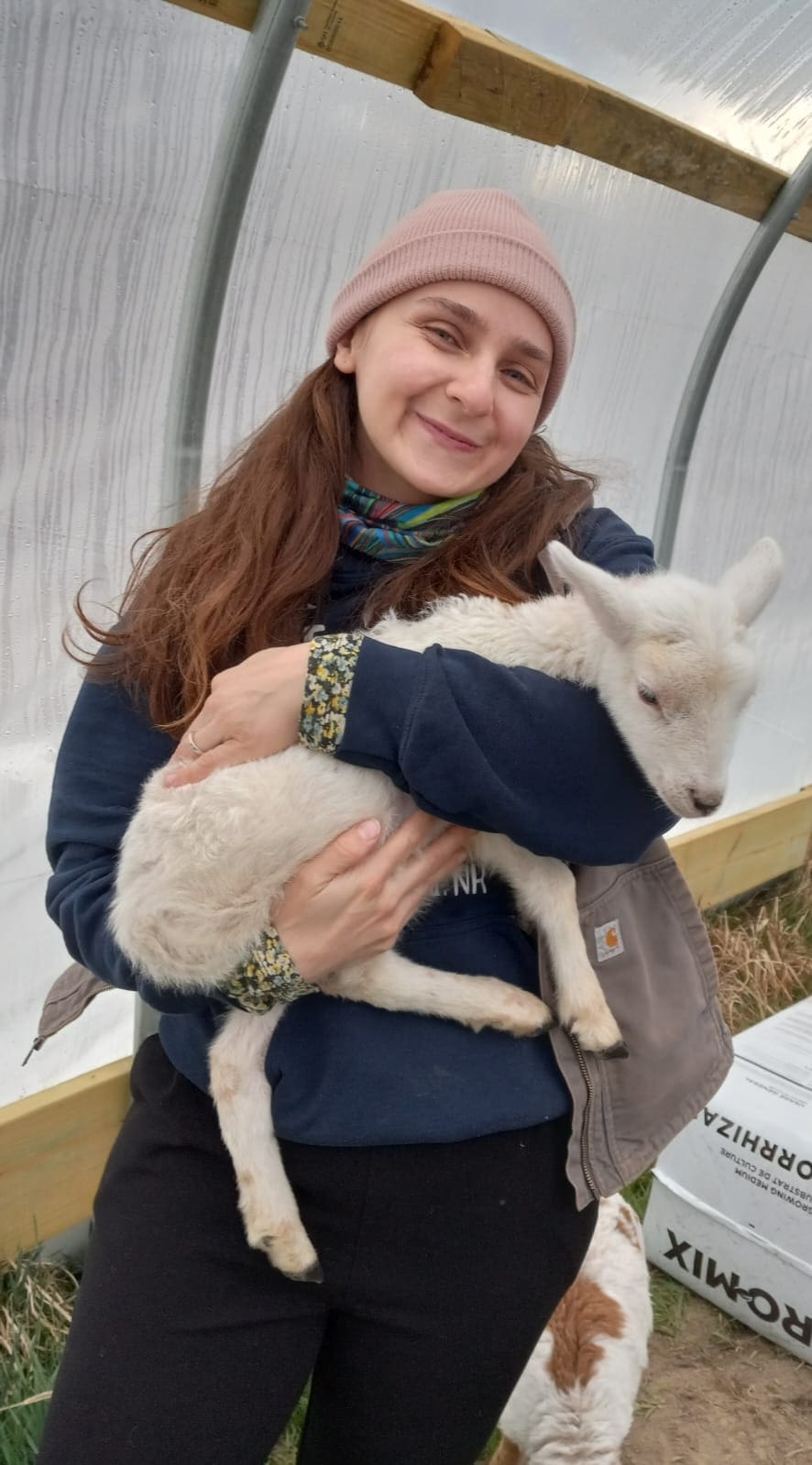
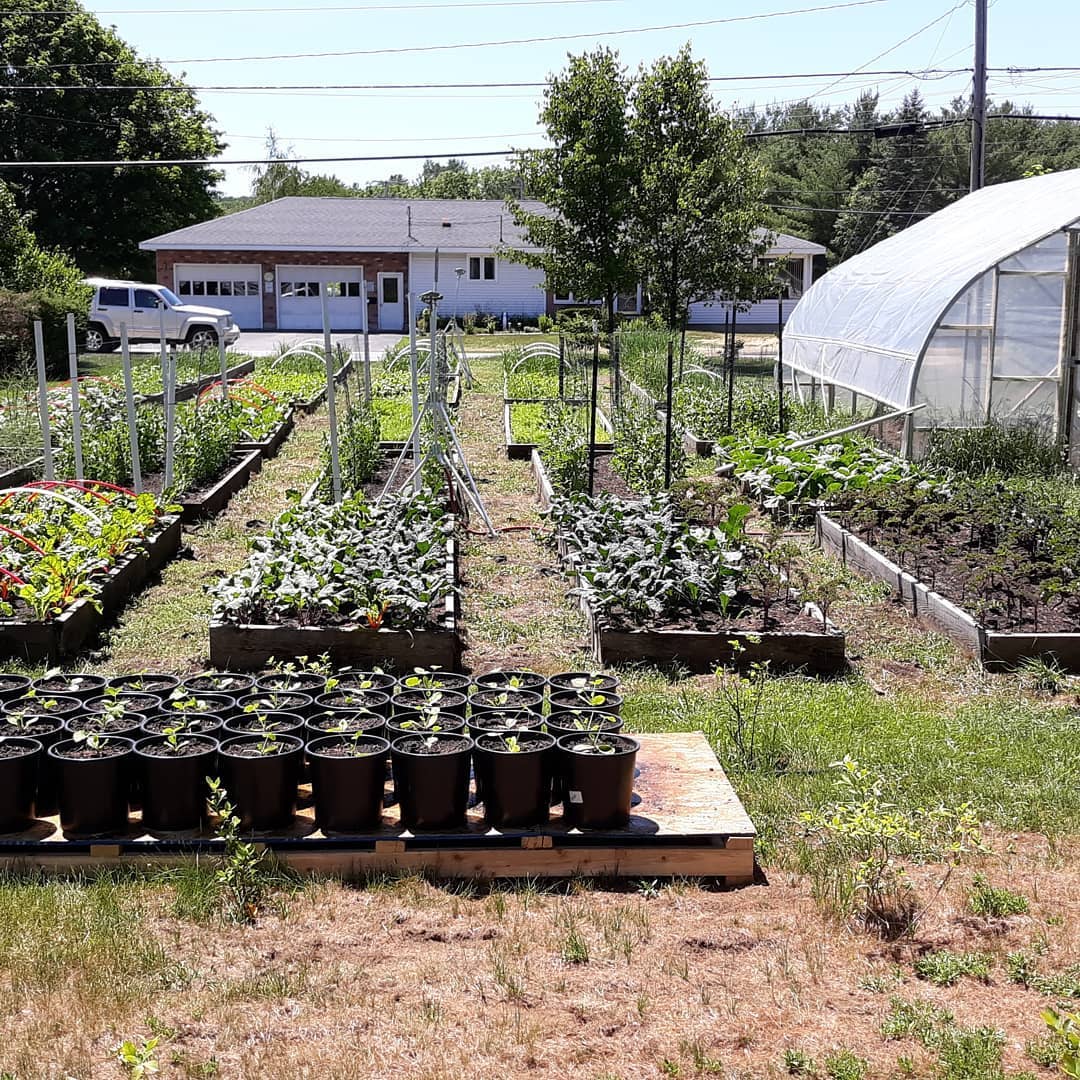
Progress
- The Good Food Council of Lewiston Auburn successfully completed a community wide survey of approximately 200 residents regarding food self sufficiency and urban agriculture. Incremental adjustments were made to Lewiston ordinances.
- The Council also worked with Auburn planning staff and a former local state representative to revise state law to allow residents to have greenhouses for produce production that are not required to conform to state building codes.
Dig Deeper
Resources & Additional Materials
